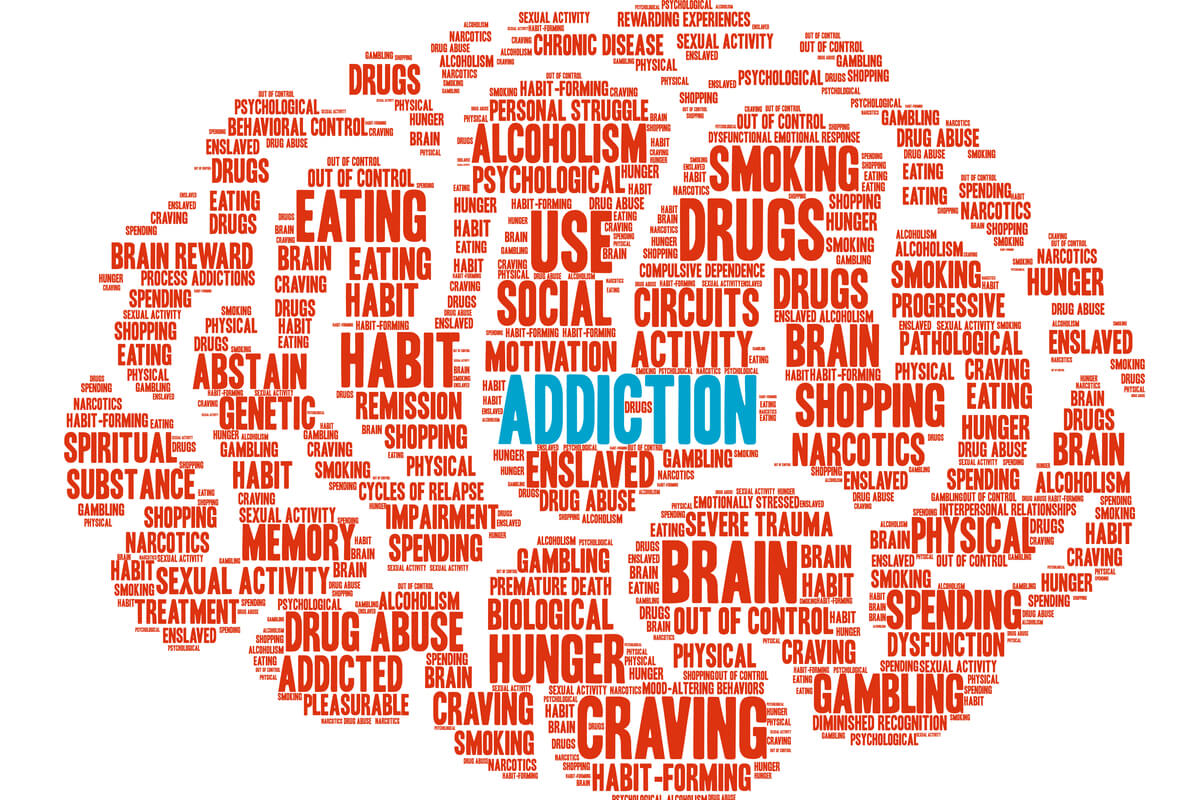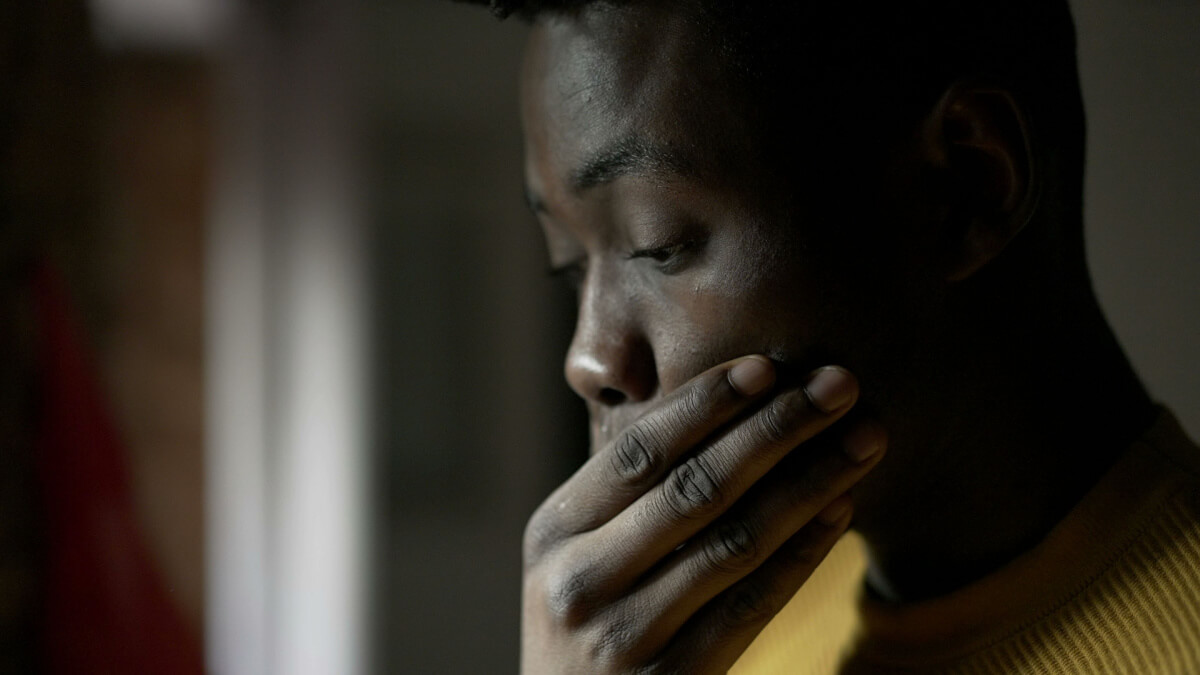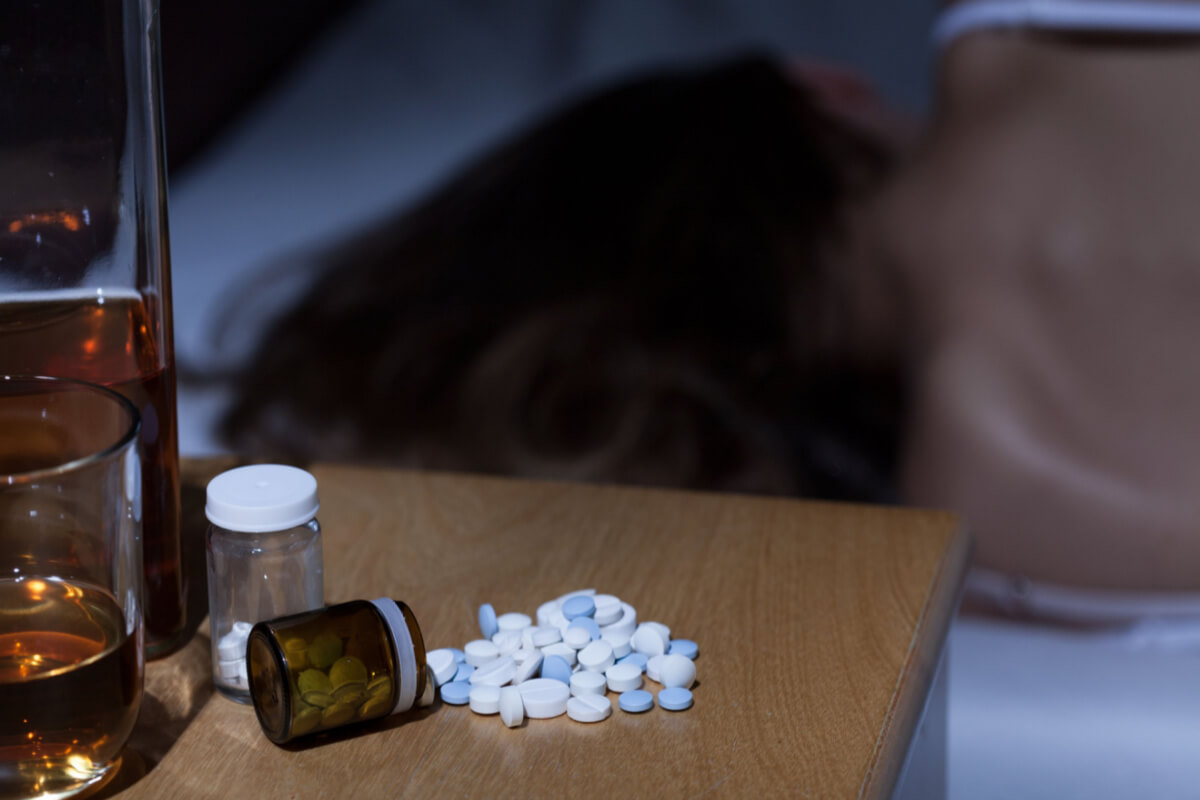
Faith-based addiction treatment can be genuinely very helpful for people who value faith and spirituality. It can often help them strengthen their faith and tap into it to help make recovery less difficult.
As long as the program still involves evidence-based treatments, research is fairly positive regarding these types of programs.[1] Many people find long-term recovery easier if there is a faith element to their treatment.
What Is Faith-Based Treatment for Addiction?
Faith-based addiction treatment is a type of treatment that incorporates elements of faith and spirituality into the recovery process.
Importantly, when executed well, this type of treatment doesn’t focus on faith to the exclusion of other proven treatments. Rather, it uses faith and spirituality to reinforce the recovery process, helping a person find comfort and strength in a power outside themselves. While there is an integration of faith and spirituality into the recovery process, a good program still follows the evidence. It is likely to involve talk treatments like cognitive behavioral therapy and the prescription of medications like Suboxone as appropriate.
While the focus is usually on Christian or Christian-adjacent faith-based programs in the United States, faith-based programs designed for many different faiths also exist.
As might be expected, the value of these types of programs depends not just on their overall quality but also on the individual entering treatment. If a person fundamentally disagrees with many elements of a program, such as an atheist entering a Christian program, it’s likely to be much less effective.
The Benefits of a Christian or Faith-Based Recovery Program
Some common benefits of a strong faith-based recovery program include the following:
Holistic Healing Approach
Faith-based programs usually offer a holistic approach to recovery, addressing not only the physical aspects of substance use disorder (SUD) but also its emotional and spiritual dimensions. While a holistic approach can be executed poorly, one that still involves evidence-based treatments is generally regarded as a positive.
There is evidence a holistic approach is usually a net positive, and this makes logical sense.[1] A program designed to help a person remain calm and understand themselves as well as address their more direct symptoms could understandably have positive impacts that a traditional program doesn’t.
Supportive Community
One area in which faith-based treatment is often very strong relates to the supportive communities these programs often foster. In gathering a group of similarly-minded individuals, many of whom are going through the same or similar issues as each other, it becomes easier to form connections with group members and provide meaningful support when an individual struggles.
Spiritual Guidance
Faith-based programs can help a person access spiritual guidance and support, allowing
individuals to strengthen their faith and find purpose in their recovery journey.
Many people strongly value and identify with their faith. SUD can often test that faith, and make a person feel shame or like they have failed in some significant way. Strong guidance and support from a person of similar beliefs can help rebuild and strengthen a person’s connection to their faith, often providing them with a powerful tool to use as they recover.
Values-Based Recovery
Faith-based programs generally align recovery efforts with core values and beliefs, emphasizing principles like forgiveness, compassion, and self-reflection. The promotion of these values can make it easier to heal broken relationships, form new bonds, and look inward in a way that promotes healing and change rather than shame.
Reduced Relapse Risk
Research is generally fairly positive regarding the overall benefits of faith-based addiction treatment programs. One study found faith-based volunteer support groups contribute up to $316.6 billion in savings to the U.S. economy every year in the free services they provide to people in recovery.[2]
Many studies show relapse risk is reduced for most individuals in faith-based programs.[3] It seems faith-based programs can reduce the risk of relapse by helping to address the root causes of SUD and provide ongoing support.
What to Expect From an Addiction Treatment Program
An addiction treatment program, including a faith-based program, will typically involve some mix of medical detox, behavioral therapies, prescription medication used to reduce the risk of relapse and/or drug cravings, and more. A faith-based program is likely to also involve regular support group meetings (which non-faith-based programs can also have), meditation, and other holistic treatment activities, such as tai chi.
A good program is going to emphasize support and aftercare. Addiction recovery is an ongoing, evolving process. Relapse prevention efforts are critical to long-term recovery.
Even once a person has exited the most intensive stages of their recovery, they will still usually be encouraged to continue seeing a mental health treatment expert regularly and going to support group meetings. They may also continue to take any medication they were prescribed if the individual and their doctor think it will continue to help them resist future drug misuse.
Inpatient vs. Outpatient Faith-Based Addiction Rehab
While there are many different types of treatment programs at various levels of intensity, they’re often broken up into two categories: inpatient rehab and outpatient rehab. This is true of standard programs as well as faith-based programs.
Inpatient Rehab
Inpatient addiction rehab is what most people imagine when they hear the term rehab. A patient stays at an addiction treatment facility for an extended period of time (usually several weeks), where they can receive focused care and have nearly 24/7 access to treatment experts.
This type of treatment can be expensive and can make some obligations and activities impossible, like going to school or work. At the same time, it can be an excellent resource for people who struggle to avoid drug misuse and need to build up the skills required to resist drug use in an environment where acquiring drugs is much more difficult.
Outpatient Rehab
Outpatient rehab is less intensive and often better allows a person in treatment to still participate in work or school. In this type of treatment, an individual will periodically go to treatment either in-person or online but can spend the rest of their time going about their week as normal.
Inpatient programs usually aim to eventually have their patients slowly transition into this type of treatment. It allows for more autonomy, which can open a person up to a greater risk of drug misuse, but it also lets them live a more normal, full life as they continue to get treatment.
Faith in Recovery
Faith-based treatment can often be very helpful in helping a person recover from SUD and remain in recovery. The research supports this fact.
While not all faith-based programs are created equal, good programs seem to be genuinely beneficial, even compared to similar programs without a faith-based element. While these programs aren’t for everyone, if you value faith or spirituality, it’s worth researching the programs available to you and seeing if any might be a good fit for your recovery needs.

Reviewed By Peter Manza, PhD
Peter Manza, PhD received his BA in Psychology and Biology from the University of Rochester and his PhD in Integrative Neuroscience at Stony Brook University. He is currently working as a research scientist in Washington, DC. His research focuses on the role ... Read More
- Wright S, Nebelkopf E, King J, Maas M, Patel C, Samuel S. Holistic system of care: Evidence of effectiveness. Substance Use & Misuse. 2011;46(11):1420-1430. https://doi.org/10.3109/10826084.2011.592438
- Grim BJ, Grim ME. Belief, behavior, and belonging: How faith is indispensable in preventing and recovering from substance abuse. Journal of Religion and Health. 2019;58(5):1713-1750. https://doi.org/10.1007/s10943-019-00876-w
- Yeung JWK. Faith-based intervention, change of religiosity, and abstinence of substance addicts. Brazilian Journal of Psychiatry. 2021;44(1). https://doi.org/10.1590/1516-4446-2020-1576
Download Our Free Program Guide
Learn about our program, its effectiveness and what to expect
Related articles
Imagine what’s possible on the other side of opioid use disorder.
Our science-backed approach boasts 95% of patients reporting no withdrawal symptoms at 7 days. We can help you achieve easier days and a happier future.








